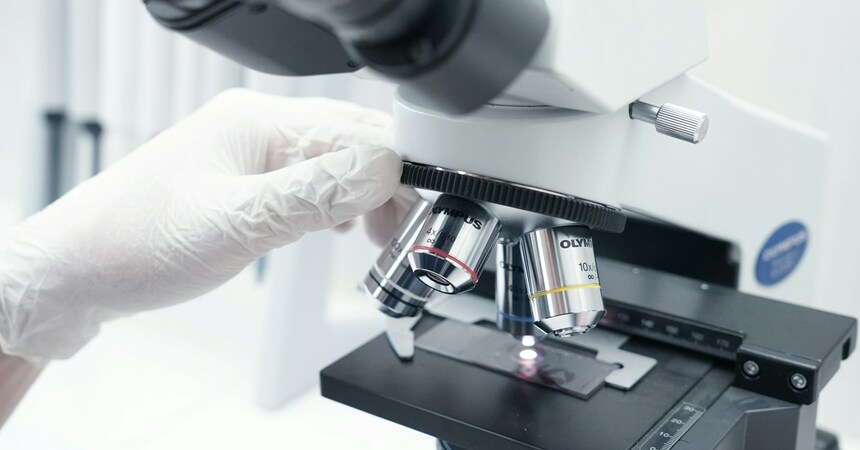Choosing the right laboratory for conducting international product testing is an important step for a company aiming to enter foreign markets. The certification and testing process requires a serious approach and an awareness of numerous factors that can influence success or failure. In this article, we will discuss the key aspects to consider when selecting a laboratory, as well as provide recommendations from WorldWideBridge, a successful partner in the field of certification.
1. Defining Needs and Requirements
Before starting the search for a laboratory, it's essential to clearly define your needs:
● Type of Testing: Determine what tests are necessary for your product. These may include mechanical, electrical, chemical tests, etc.
● Standards: Familiarize yourself with the international and local standards required for your product. For example, in the UAE, these may include ECAS and G-Mark standards.
● Verification of Accreditations: Ensure that the laboratory has all the necessary accreditations for conducting tests. Laboratories should be accredited by the relevant national and international bodies.
2. Researching and Choosing a Laboratory
When selecting a laboratory, it is important to conduct research:
● Reputation: Look for laboratories with a positive reputation and extensive experience in the market. Be sure to read reviews and recommendations from other companies that have already worked with these laboratories.
● Specialization: Ensure that the laboratory has experience working with your specific product. For instance, if you manufacture electronic devices, seek laboratories that have dealt with similar products.
● Location: Pay attention to the location of the laboratory. Proximity can reduce the time for sample transportation and decrease costs.
3. Assessing the Quality of Services Provided
To evaluate the quality of services offered by the laboratory, consider the following aspects:
● Quality of Equipment: Ensure that the laboratory has modern equipment and testing methods.
● Processes and Operating Standards: Learn about the quality standards followed by the laboratory. This may include international norms such as ISO and others.
● Communication: Pay attention to the level of support and consultation provided by the laboratory. Effective communication plays a key role in successful collaboration.
4. Financial Aspects
Don’t forget to consider the financial component:
● Service Prices: Compare the prices of services from different laboratories, but remember that the lowest rates do not always guarantee good quality.
● Hidden Costs: Ensure that you understand all possible additional expenses related to the testing, such as transportation of samples, additional equipment, and services.
5. How WorldWideBridge Can Help
WorldWideBridge has been providing certification services and organizing international testing for over 10 years. We offer the following services:
● Expert Opinion: We will help determine the necessary standard certificates for your product and prepare all the required documentation.
● Testing Organization: We have partnerships with accredited laboratories, allowing us to organize testing at competitive prices and in a timely manner.
● Support at All Stages: Our team will provide support at all stages of certification, from preparation to receipt of certificates.
If you need assistance in finding the right laboratory or organizing international testing, we recommend visiting our website for more detailed information and consultations.
Conclusion
Choosing a laboratory for international testing is a responsible process that requires thoughtful consideration. By following the recommended guidelines and relying on the expertise of reliable partners like WorldWideBridge, you can confidently navigate the certification process and successfully introduce your product to the international market.
